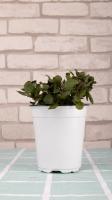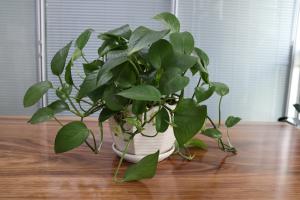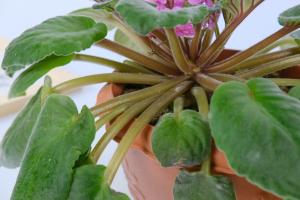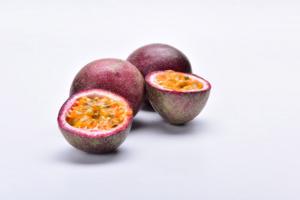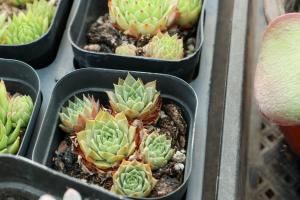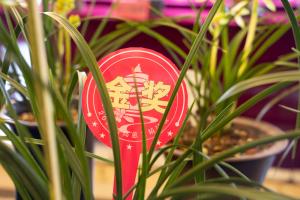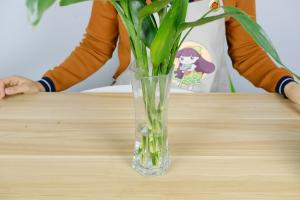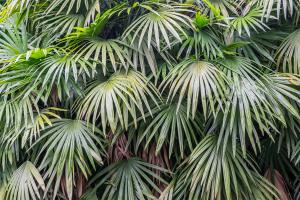Is Juicing Pulp Good for Plants?
If you're one of the many people who enjoy fresh juice every day, you may be wondering what to do with all the leftover pulp. It seems like such a waste to throw it away, especially since it's full of fiber and other nutrients. So, is juicing pulp good for plants? The answer is yes, in most cases.
Why Juicing Pulp is Good for Plants
Juicing pulp is an excellent source of organic matter that can be added to your garden or compost pile. The fiber and nutrients in the pulp will help nourish your plants, improve the soil structure, and promote healthy root growth. The pulp can also help increase soil moisture retention, which can be especially beneficial in dry climates. In addition, using juicing pulp in your garden is an eco-friendly way to reduce waste and give back to the environment.
How to Use Juicing Pulp in Your Garden
Using juicing pulp in your garden is easy. Simply add the pulp to your compost pile or sprinkle it directly on your garden beds. If you're concerned about the pulp attracting pests or animals to your garden, you can bury it several inches deep in the soil. You can also mix the pulp with other organic matter, like leaves or grass clippings, to create a nutrient-rich compost. Alternatively, you can use the pulp to make a natural fertilizer by mixing it with water and letting it sit for several days. This will allow the nutrients in the pulp to break down and create a liquid fertilizer that you can use to water your plants.
When Juicing Pulp May Not Be Good for Plants
While juicing pulp is generally good for plants, there are a few situations where it may not be the best choice. If the pulp is from fruits or vegetables that have been treated with pesticides or other chemicals, it may contain harmful residues that can harm your plants. In addition, if the pulp is from acidic fruits like citrus, it can increase the acidity of your soil, which may not be beneficial for all plants. Lastly, if the pulp is moldy or rotting, it should not be used in your garden as it can cause diseases and other issues.
Final Thoughts
In conclusion, juicing pulp is a great way to give back to the environment and nourish your plants. As long as the pulp is from organic fruits and vegetables and is not moldy or rotting, it can be added to your garden or compost pile. Whether you're a seasoned gardener or just starting out, using juicing pulp is a simple and effective way to promote healthy plant growth and reduce waste.

 how many times do yo...
how many times do yo... how many planted tre...
how many planted tre... how many pine trees ...
how many pine trees ... how many pecan trees...
how many pecan trees... how many plants comp...
how many plants comp... how many plants can ...
how many plants can ... how many plants and ...
how many plants and ... how many pepper plan...
how many pepper plan...